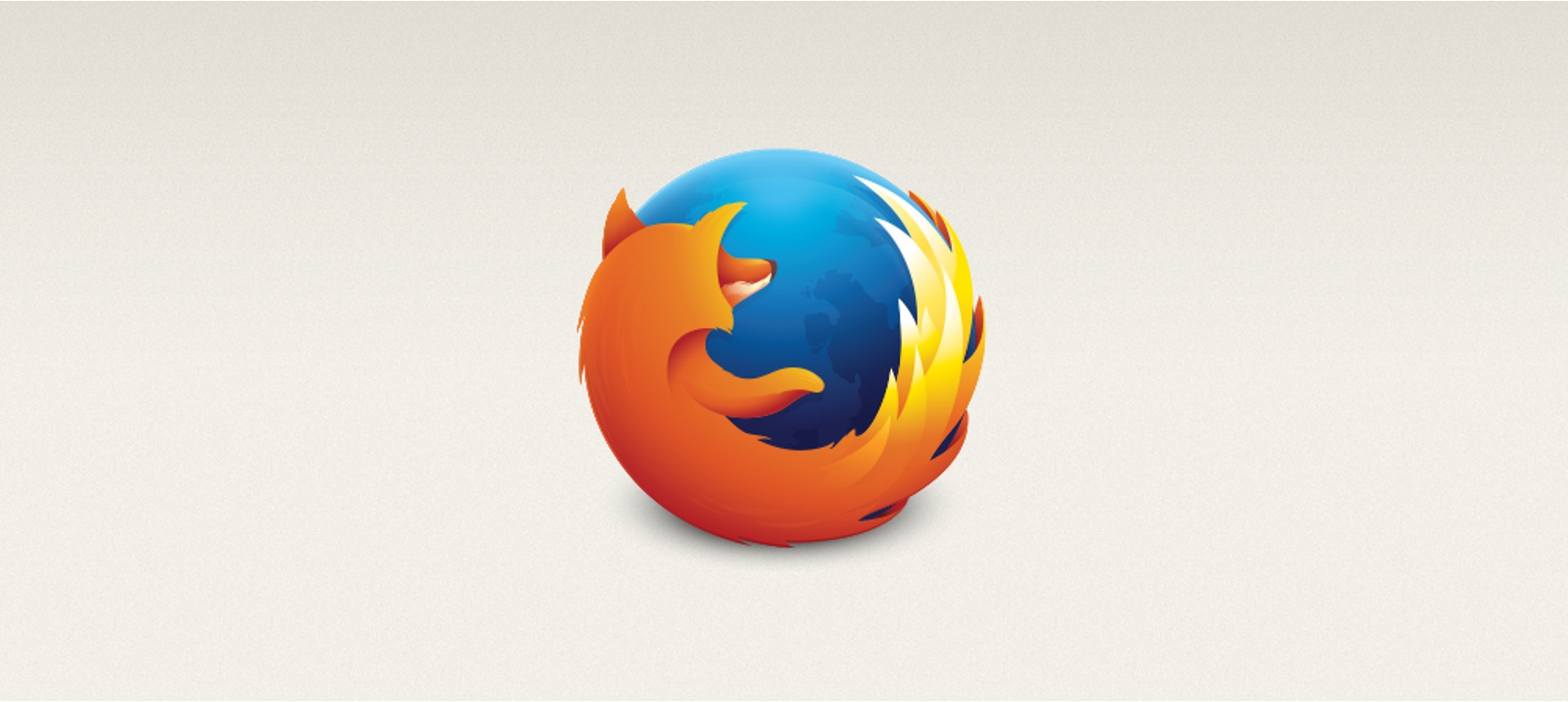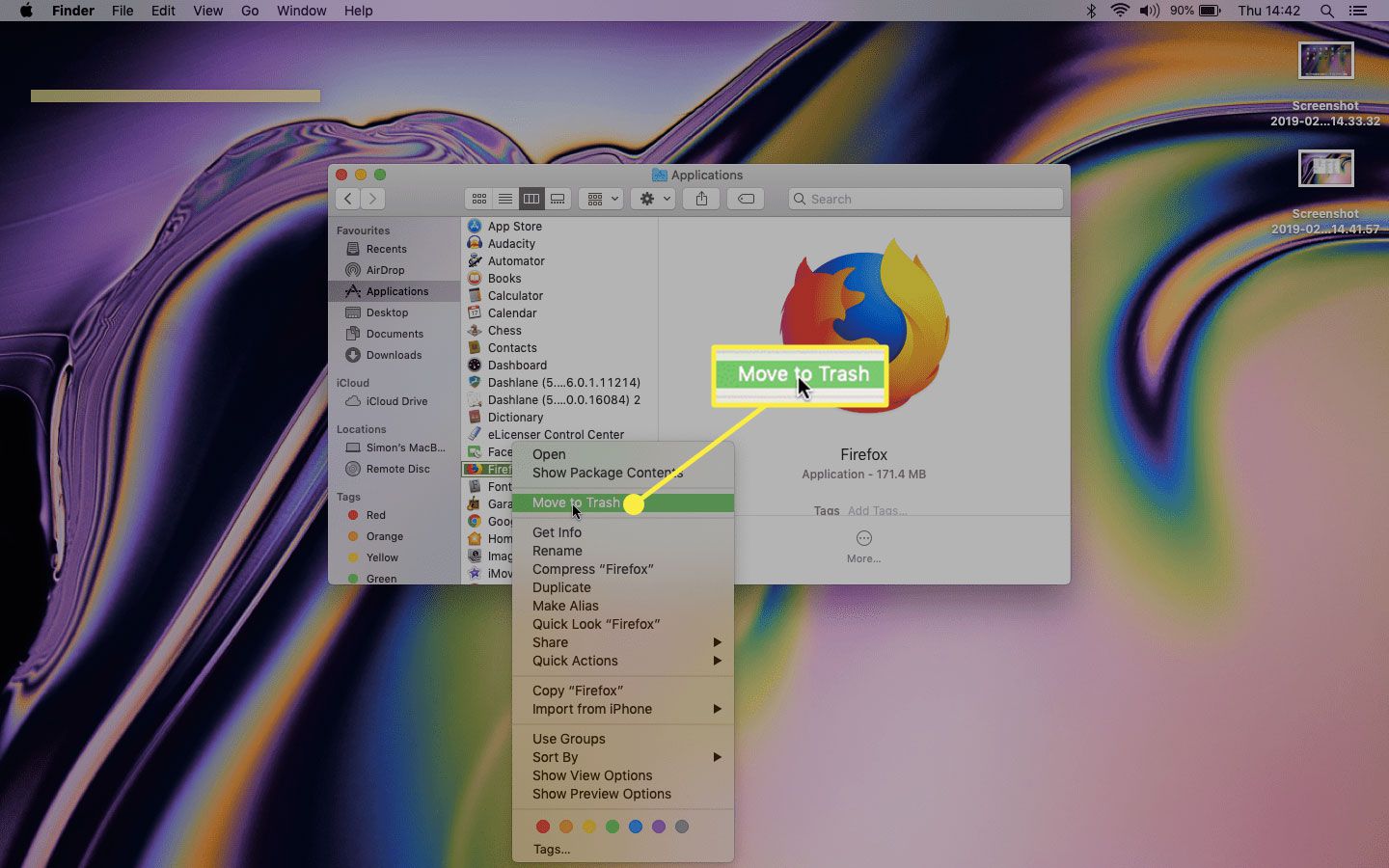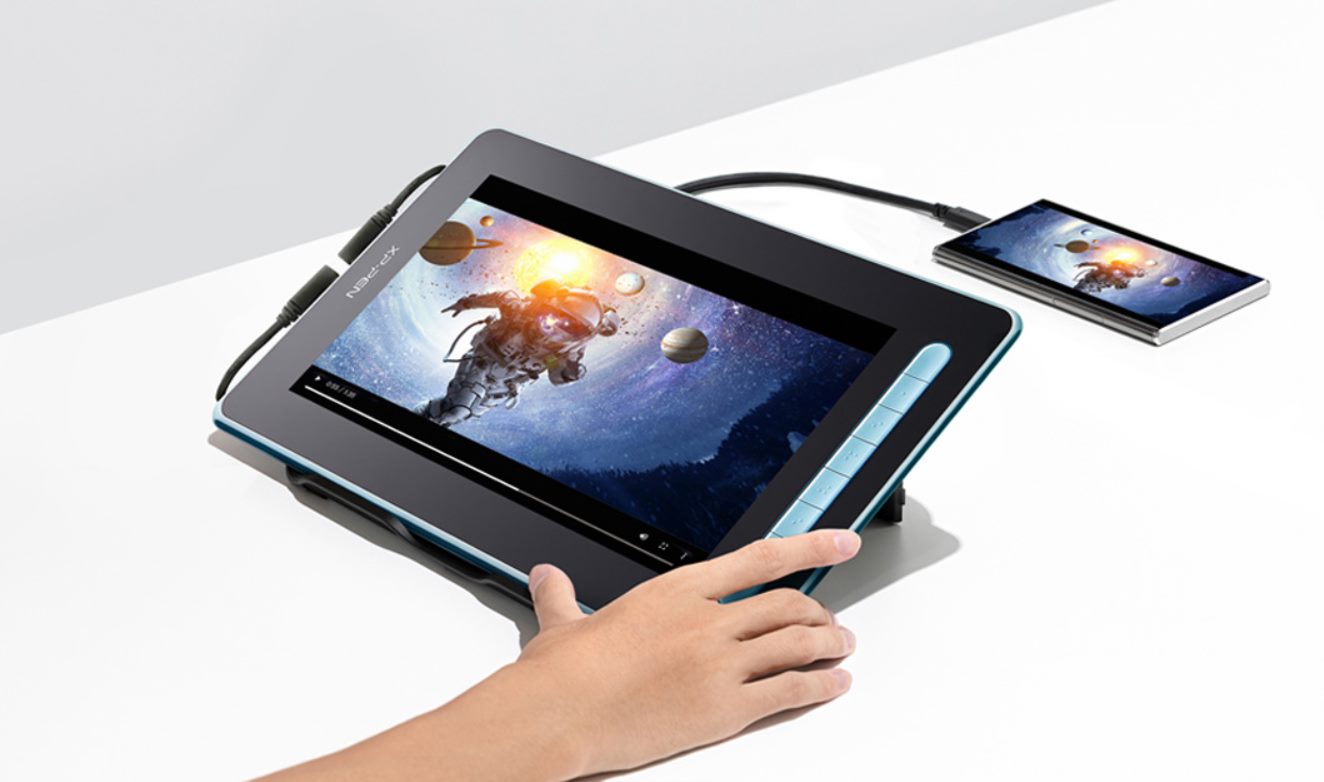Introduction
As technology continues to advance at a rapid pace, the compatibility of software with older operating systems becomes a pertinent concern for users. In the realm of web browsing, the longevity of support for legacy operating systems such as Windows XP is a topic of great interest. Firefox, a popular web browser known for its robust features and user-friendly interface, has been a staple for many users over the years. However, with the evolution of operating systems and the increasing complexity of web technologies, the question arises: How long will Firefox continue to support Windows XP?
The answer to this question holds significant implications for individuals and organizations still reliant on Windows XP. Understanding the current support status of Firefox for this aging operating system, as well as the future plans for support, is crucial for making informed decisions regarding web browsing and system security. Additionally, exploring the risks associated with using Windows XP in conjunction with Firefox, and the potential alternatives available, can provide valuable insights for users seeking to navigate this technological landscape effectively.
In this article, we will delve into the current support status of Firefox for Windows XP, shed light on the future support plans, highlight the risks associated with using this combination, and explore alternative options for users still operating on Windows XP. By examining these aspects, readers will gain a comprehensive understanding of the dynamics at play and be better equipped to make informed choices regarding their web browsing experience.
Current Support Status
As of the latest update, Firefox continues to provide support for Windows XP, albeit with certain limitations. The browser's compatibility with Windows XP is a result of Mozilla's commitment to ensuring accessibility for users across various platforms. However, it's important to note that the level of support for Windows XP has evolved over time, reflecting the changing landscape of technology and security considerations.
Firefox's current support for Windows XP primarily revolves around providing security updates and bug fixes. This approach aims to address critical vulnerabilities and maintain a baseline level of functionality for users still operating on Windows XP. While this ensures that essential security patches are delivered to mitigate potential risks, it also signifies a shift away from comprehensive feature updates and optimizations tailored specifically for Windows XP.
In practical terms, this means that while Windows XP users can still utilize Firefox for their web browsing needs, they may not have access to the latest features and performance enhancements available to users on more modern operating systems. This divergence in support reflects the broader industry trend of prioritizing compatibility with newer platforms to harness the latest advancements in web technologies and security protocols.
Despite the ongoing support for Windows XP, it's essential for users to recognize the inherent limitations and potential implications of utilizing an outdated operating system in conjunction with a web browser. As the technological landscape continues to evolve, the compatibility and performance gap between Windows XP and modern operating systems will likely widen, posing challenges for users seeking a seamless and secure browsing experience.
In summary, while Firefox maintains a degree of support for Windows XP, the nature of this support is primarily focused on essential security updates rather than comprehensive feature enhancements. This underscores the evolving nature of technology and the inherent challenges associated with maintaining compatibility with legacy operating systems in an ever-changing digital ecosystem.
Future Support Plans
Looking ahead, Mozilla, the organization behind Firefox, has provided insights into its future support plans for Windows XP. It's important to note that the landscape of technology is dynamic, and decisions regarding support for legacy operating systems are influenced by a multitude of factors, including security considerations, technological advancements, and user needs.
Mozilla has indicated that the ongoing support for Windows XP is contingent upon the evolving security landscape and the feasibility of maintaining a secure browsing experience for users on this platform. As the cybersecurity landscape continues to evolve, the challenges associated with safeguarding older operating systems against emerging threats become increasingly complex. This necessitates a delicate balance between ensuring the security of users on legacy platforms and allocating resources effectively to support the broader user base.
While specific timelines for the continuation of support for Windows XP have not been explicitly outlined, Mozilla's approach underscores a commitment to prioritizing the security and well-being of users. This approach aligns with industry best practices, which emphasize the importance of maintaining a secure and resilient browsing environment for all users, regardless of their operating system.
It's important for users still reliant on Windows XP to remain vigilant regarding updates and announcements from Mozilla regarding the future support plans for Firefox on this platform. As the technological landscape continues to evolve, users may need to consider alternative options to ensure a seamless and secure browsing experience in the long term.
In essence, while the future support plans for Windows XP within the Firefox ecosystem remain contingent upon various factors, including security considerations and technological advancements, users can expect Mozilla to uphold its commitment to providing a secure browsing experience for as long as feasible. However, it's imperative for users to remain proactive and consider potential transitions to alternative platforms to align with the evolving technological landscape.
By staying informed and adaptable, users can navigate the shifting dynamics of technology and make informed decisions regarding their web browsing experience, ensuring a balance between security, functionality, and compatibility with their chosen operating system.
Risks of Using XP with Firefox
Operating Windows XP in conjunction with Firefox poses inherent risks that stem from the combination of an outdated operating system and a web browser designed to operate within a modern technological landscape. These risks encompass security vulnerabilities, limited compatibility, and diminishing performance, which collectively impact the overall browsing experience for users still reliant on Windows XP.
One of the primary risks associated with using Windows XP with Firefox is the heightened susceptibility to security vulnerabilities. As an aging operating system, Windows XP is no longer actively supported by Microsoft, resulting in a lack of critical security updates and patches. This leaves the system exposed to an array of potential threats, including malware, viruses, and exploits that target known vulnerabilities. When coupled with a web browser such as Firefox, which may gradually reduce its level of support and security enhancements for Windows XP, the overall security posture becomes increasingly precarious.
Furthermore, the compatibility limitations inherent in Windows XP contribute to a restricted browsing experience when using Firefox. As web technologies continue to advance, the compatibility gap between Windows XP and modern operating systems widens, leading to potential issues with rendering web pages, accessing certain features, and utilizing web applications optimally. This disparity in compatibility can impede the seamless functionality of Firefox on Windows XP, detracting from the overall user experience.
In addition to security and compatibility concerns, the performance of Firefox on Windows XP may diminish over time. As the browser evolves to leverage the latest advancements in web technologies and optimizations tailored for modern operating systems, the disparity in performance between Windows XP and newer platforms becomes increasingly pronounced. This can manifest in slower page loading times, reduced responsiveness, and potential limitations in accessing certain web content, thereby impacting the overall browsing efficiency and user satisfaction.
In summary, the risks of using Windows XP with Firefox encompass heightened security vulnerabilities, limited compatibility, and diminishing performance. These factors collectively contribute to a suboptimal browsing experience and underscore the challenges associated with maintaining a secure, functional, and seamless web browsing environment on an outdated operating system. As the technological landscape continues to evolve, users still reliant on Windows XP may need to consider alternative options to mitigate these risks and ensure a secure and efficient browsing experience.
Alternatives for XP Users
For users still operating on Windows XP and seeking viable alternatives to ensure a secure and efficient web browsing experience, several options are available to navigate the evolving technological landscape. These alternatives are designed to address the inherent limitations and risks associated with using an outdated operating system in conjunction with a web browser, offering users the opportunity to transition to more modern and supported platforms.
One compelling alternative for Windows XP users is to consider upgrading to a more recent version of the Windows operating system. Microsoft offers several modern iterations of Windows, such as Windows 7, Windows 8.1, and Windows 10, each of which provides enhanced security features, improved performance, and ongoing support from the manufacturer. By transitioning to a newer version of Windows, users can align themselves with a more secure and compatible operating environment, thereby mitigating the risks associated with using an unsupported and aging platform.
Another alternative worth exploring is the adoption of alternative web browsers that continue to provide robust support for Windows XP. While Firefox's support for Windows XP may evolve over time, other browsers such as Google Chrome and Opera offer continued compatibility and security updates for this legacy operating system. By leveraging alternative browsers, users can maintain a secure and functional browsing experience while benefiting from ongoing support and optimizations tailored for Windows XP.
Furthermore, users may consider exploring lightweight and privacy-focused web browsers that are designed to operate efficiently on older hardware and operating systems. Browsers such as Pale Moon and Basilisk are tailored to provide a streamlined and secure browsing experience for users on legacy platforms, offering a compelling alternative for Windows XP users seeking to maintain a secure and efficient web browsing environment.
In addition to transitioning to a modern operating system or exploring alternative web browsers, users may also consider the option of utilizing virtualization technology to create a secure and isolated browsing environment. By running a virtual machine with a modern operating system within the Windows XP environment, users can benefit from the security and compatibility of a newer platform while retaining the familiarity of their existing setup. This approach provides a pragmatic solution for users seeking to maintain the functionality of Windows XP while leveraging the security and features of a more modern operating system for web browsing.
In essence, the alternatives for Windows XP users encompass upgrading to a more recent version of Windows, exploring alternative web browsers with continued support for Windows XP, considering lightweight and privacy-focused browsing options, and leveraging virtualization technology to create a secure browsing environment. By embracing these alternatives, users can navigate the evolving technological landscape effectively, ensuring a secure, functional, and efficient web browsing experience while mitigating the inherent risks associated with using an outdated operating system.

























